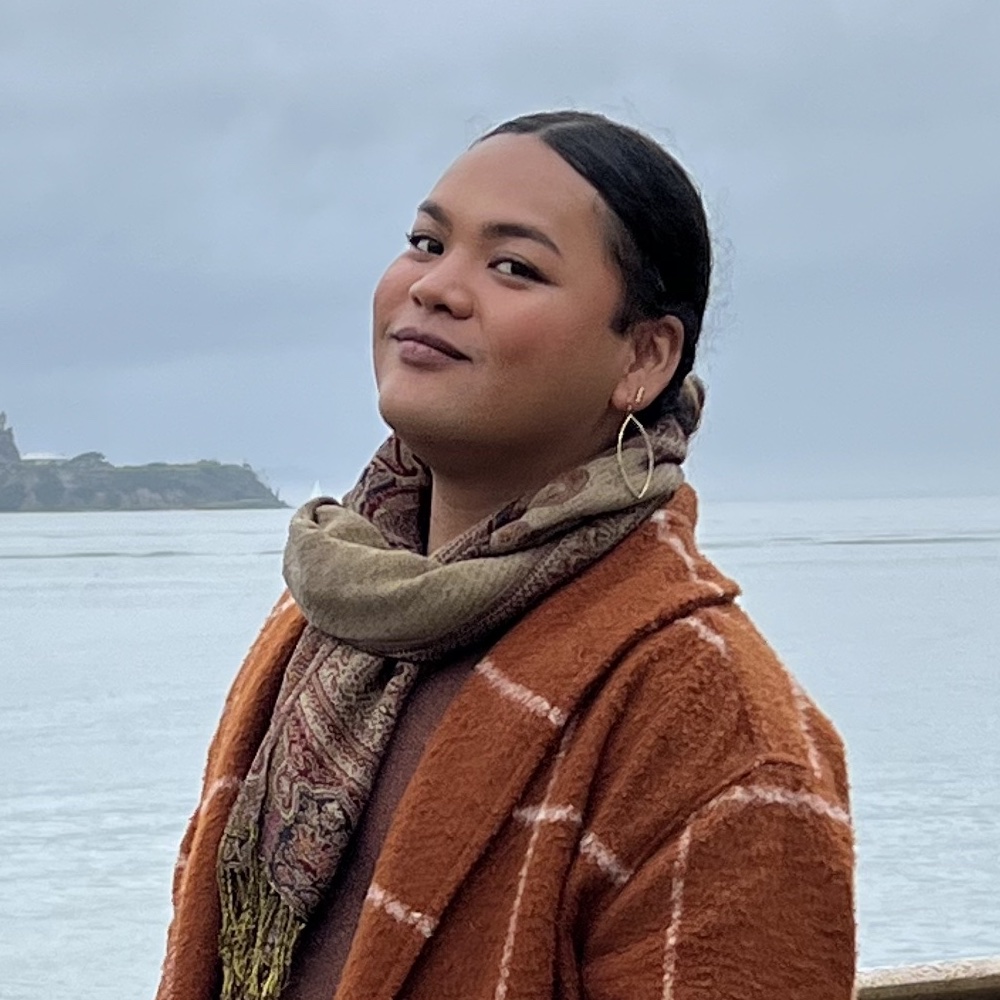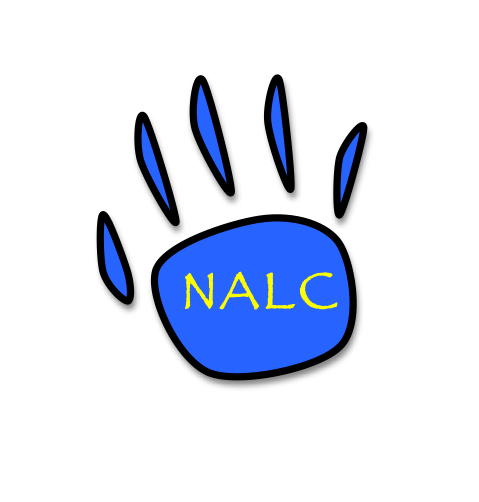
Language arts exercise as language reclamation praxis
According to myaamia linguist Wesley Y. Leonard, language reclamation is “a much larger social process of claiming – or reclaiming – the appropriate cultural context and sense of value that the language would likely have always had if not for colonization.” Language reclamation is a restorative theory and praxis that centers the community members and their practice of and relationship to their Indigenous language as it informs their cultural identity and resistance to colonial ideologies persisting within their communities. A highly visible exercise of this practice is observed through the arts, specifically linguistic arts, including traditional and contemporary forms that are spoken, written, sung, signed, or performed. For instance, indigenous musicians throughout the Western hemisphere and beyond have not only been blending traditional and introduced genres, but also languages, reclaiming the cultural context and value the language previously had through meaningful expressions grounded in their unique experiences with and relation to their indigenous language. This workshop is an extension of this reclamatory practice – asking you all to engage with your Indigenous language in a way that is meaningful and significant to you. The workshop will also provide other examples of the different forms that reclamation takes in the arts, e.g. poetry.
Bio
Måsi Santos (she/her) is an Indigenous linguist and writer, and is currently a PhD student in the Linguistics Department at the University of California, Berkeley. She is Chamoru from the Mariana Islands in Micronesia, specifically Luta yan Guåhan, and is currently working on formal syntactic analysis of her Indigenous language, Chamoru (Malayo-Polynesian, Austronesian). Prior to beginning her studies at UC Berkeley, she worked as a documenter for the “Goggue yan CHachalåni Mo’na I Fino’-ta” project with David Ruskin and Robert Underwood (CHamoru), which was an NSF-funded project that documented the Chamoru language as it relates to specific cultural practices, such as transitional medicine. Additionally, she engages with language revitalization discourse, theory, and practice, having co-organized the Language Revitalization Working Group at UC Berkeley Linguistics Department from 2022-2024, where she and co-organizer Tzintia Montaño Ramírez (Ña’à Davi Chilanga) hosted space for researchers and Indigenous community members to share their revitalization work. In 2022, she participated in the Institute on Collaborative Language Research (CoLang), where she exposed to a wide range of methods applied in language revitalization work, as well as gained on-the-ground experience in current practices in language revitalization through a two-week intensive conducted by Richard Littlebear (Northern Cheyenne). She was awarded an Indigenous Poetics Lab Fellowship for 2023-2024 through the Arts Research Center at UC Berkeley, where she participated in and facilitated writing workshops and showcased her work through multiple engagement opportunities under the guidance of Beth Piatote (Nez Perce). In 2024, she was a linguist partner with the Breath of Life Archival Institute for Indigenous California Languages, where she assisted members of the Tachi Yokuts community with the written linguistic and cultural materials from their community that is housed in the California Language Archive and Bancroft Museum archive. As a fluent speaker of her native language, Måsi engages in poetry and screenwriting as a way of exploring her complex identity as an Indigenous transgender woman, as well as a way of staying in touch with her language and culture as she completes her doctoral studies away from the natural environment in which her language comes to life: back home with her family, specifically her mom and dad. Along the way, she has come to learn that her language can also exist beyond the reefs back home, enlivened by those of us in diaspora, from the one who left home in search of expansive opportunities here in Native North America to the ones who’ve only ever known the lands beyond our shores and have heard the call of the ancestors’ voices to reclaim our language for themselves. Her workshop at this year’s conference is an extension of this sentiment and her experiences thus far regarding language and culture, arts, and revitalization.
